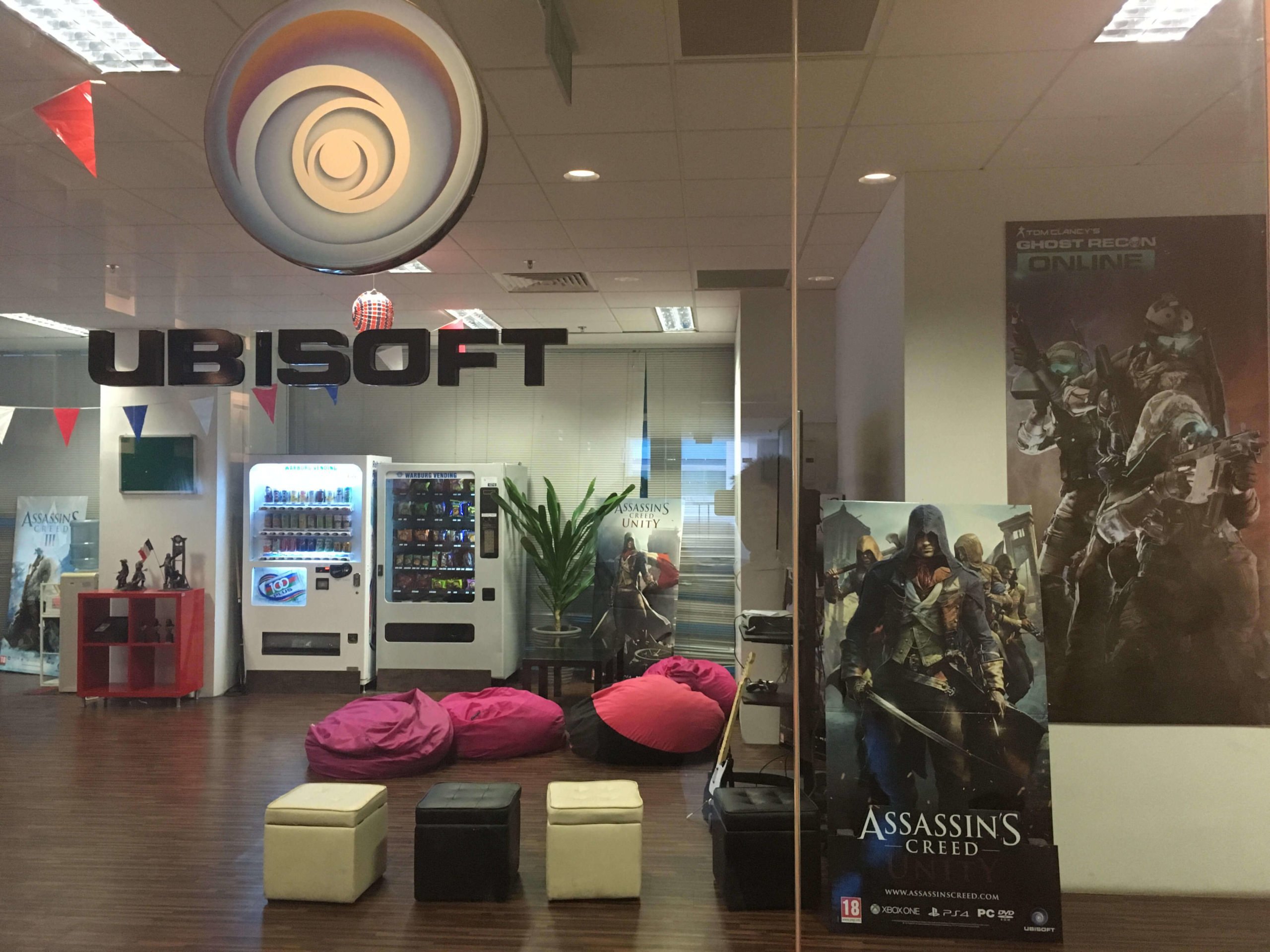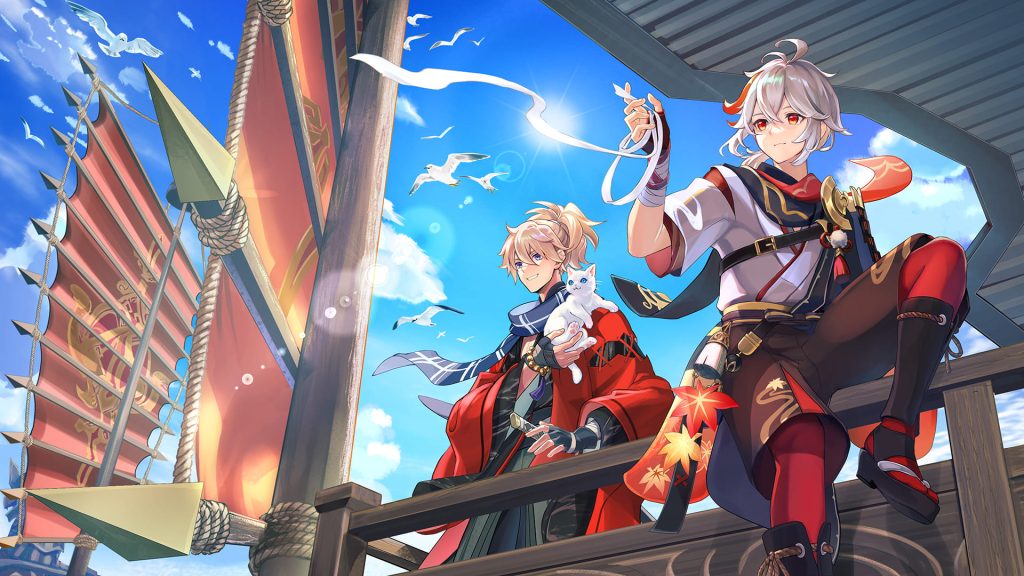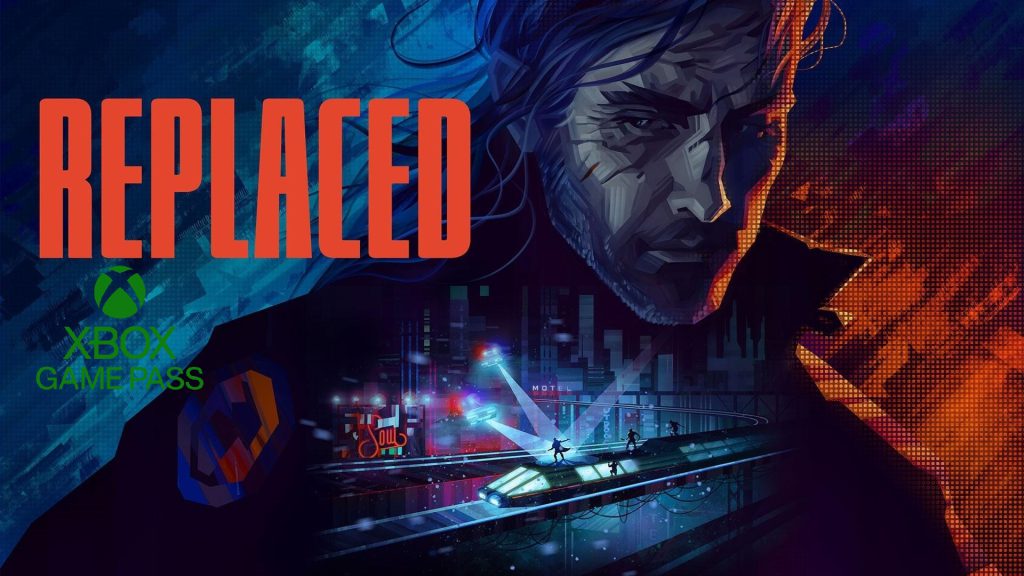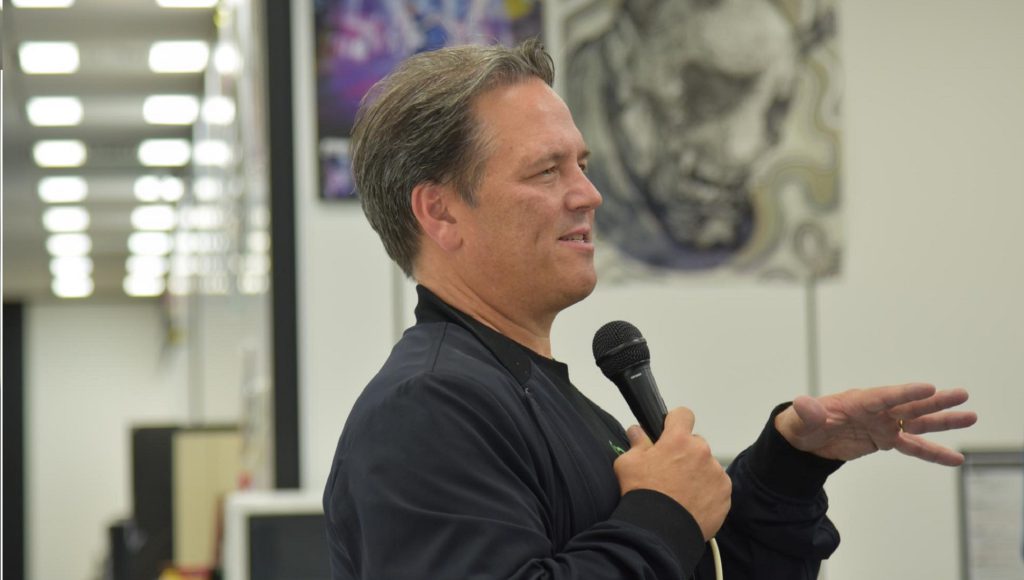Scandals have been linked in the video game industry for several years. From crunch to moral and sexual harassment, from ethnic to gender discrimination, from CD Projekt Red to Activision Blizzard, the toxic management of certain studios makes people talk. And when we are unanimously convinced that these actions cannot go on, it is difficult for the players to know how to act (again). However, part of the solution can undoubtedly come from us.
Boycott: a limited solution
This is hands down the first action that comes to mind. If a company doesn’t live up to our values, why not boycott its products? After all, it is “power” that we have as consumers. and Choosing to give our money to a virtuous studio rather than an evil studio can quickly lead to compelling results on a large scale. But this approach has two major limitations in the video game industry.
The first is the number of players who can take this stance. Companies like Ubisoft or Activision Blizzard reach tens of millions of players, the vast majority of whom come from the general public. An audience that is not familiar with the industry and its current events and is therefore far from getting wind of its morals or gnats.

Certainly some general media like Le Parisien, Le Monde or Liberation are talking about it. But it stays on time and very detached from game releases. If sexual harassment had made the front page of Libé at Ubisoft in July 2020, how many readers remembered the newspaper’s investigation in november, whenAssassin’s Creed Valhalla ?
Overall, informed actors who take a stand and want to develop the industry further remain a minority of the public at these publishers. Even extremely in the minority. So the boycott would have no effect?
Harmful side effects
This is probably not entirely true. If the affected players mobilize and refuse to buy games from the publishers affected by these scandals, the impact will inevitably be significant.
Even if just a few tens or hundreds of thousands of us boycott Blizzard, a snowball could happen quickly. Because informed players are also the first ambassadors for the games they love.
If you are a World of Warcraft or Assassin’s Creed gamer, you have likely already recommended these titles to your family and friends. You might even be part of a guild, Facebook group, or video game website and talk about it a lot. And this speech that you bring is helping to increase the number of players who buy these productions. Whoever you are, your vote matters and is likely to influence one or more purchases.
Therefore, if we boycott these licenses, word of mouth will be reduced. Not enough to a. to transform Far Cry 6 in a commercial oven, but this could prevent it from meeting its sales goals. While Far Cry 5 Had sales of $ 310 million in the week following its launch, if players mobilize, this new facility could stay below that cap. What should one signal to the leaders of Ubisoft? Possible, but not certain. Especially since unwanted effects could be felt.
Like many companies, studios and publishers care about their employees’ results. Hence, it is not uncommon for developers to find bonuses and bonuses awarded based on the sales made. And the boycott of a game carries the risk of reducing these additional payments or even eliminating them altogether.
In fact, not only can we see a form of “double punishment” in it, but above all it does not create conditions that allow the voices of the developers to be released. Can employees speak freely if their salaries and those of their colleagues could be affected? Even if denouncing harassment is already a career risk. Obviously, the boycott isn’t the obvious solution it appears to be.
The need for transparency
So what to do Change nothing and just let justice rule? This is clearly neither sufficient nor acceptable. And if the boycott is not a viable solution, there are other ways to be heard.
At a time when the media and influencers are ubiquitous, they now play a key role in the fight against these infamous practices. Few play it, few use it, so it’s up to us to become more demanding.
Requiring the press and influencers to speak carefully and precisely about these topics is no longer an option. It is necessary to urge the press and influencers not to forget their human values when it suits them. It’s important to ask the press and influencers to provide context when games that were developed through crunch or under dire conditions come out.
We all have the power to share, route, and nurture the editorial and content creators who are engaging. To spread those who repeat these scandals. The ones that go beyond simple press releases where the truths are sometimes twisted in the direction that corresponds to the PR.
By highlighting these topics, by passing on those who give these events space in their editorial line, we are giving weight to these topics. Issues that the mainstream media (in France or elsewhere) can no longer ignore, which they then bring to the studios, which they discuss in their tests and which they mention in an interview. Up to a real topic of engagement for presidents and studio managers!
Ending toxic practices is everyone’s business
There are also precedents. How many votes were raised against excessive loot boxing, which has become a real legal issue in certain countries? How many Xbox Live Gold subscribers made their voices heard when the subscription price went up to bring Microsoft down for good? And there is also the example of Rockstar Games, whose practices have been widely acclaimed and which seem to have brought some order to its administration since then. And there are other examples.
All of this is the result of the mobilization of actors in the networks, but also the press. Too many media or influencers today only scratch the surface of these important topics. And when they do, it is not uncommon to discover many errors or elements that have been overlooked. What about the Quantic Dream affair that the studio gurgled about with an inaccurate press release, but which was picked up and quoted by some of the top video game media outlets in France?
That is no longer bearable. At a time when these scandals are increasing, it is imperative that we set higher standards. We all must and can work to improve the working conditions of video game developers. We have to worry and we would like more engaging information in this regard.
We all have that power. We can all move the lines. This is not a quick fix and things won’t change even after a magic wand. But more than ever, it is time to develop this medium into more virtuous practices. To ensure that the studios honor their commitments and are no longer just communication arguments. And to do that, it’s up to us to stop being complacent with those who turn a blind eye instead of repeating voices in need of weight support.
In the previous edicts:
Table of Contents










